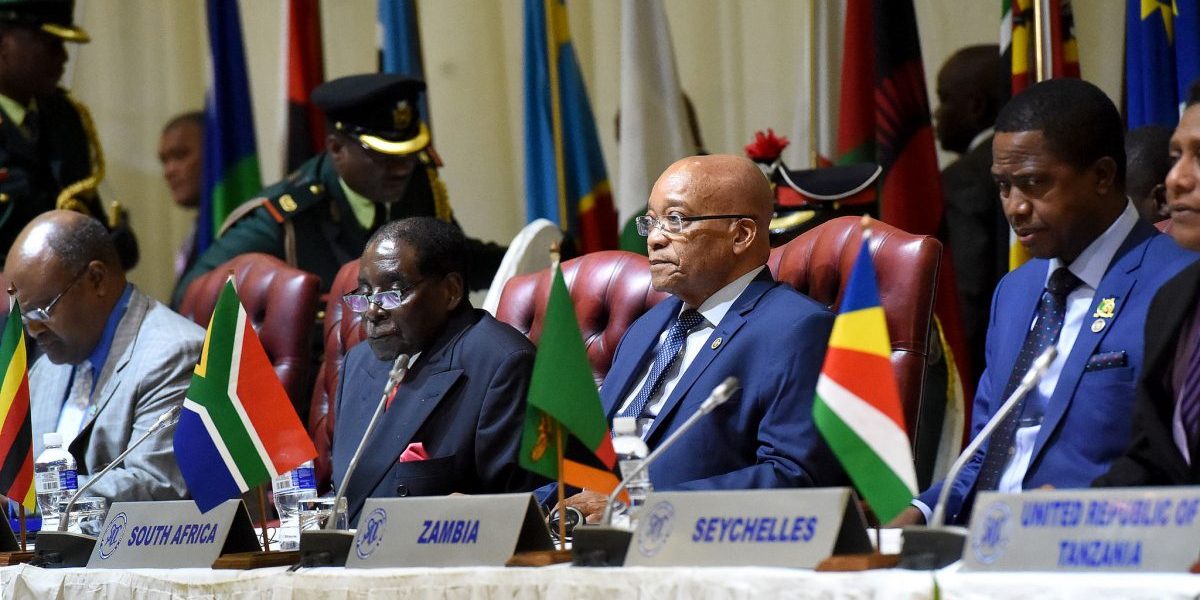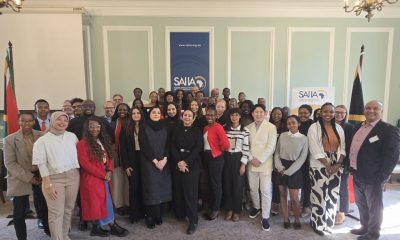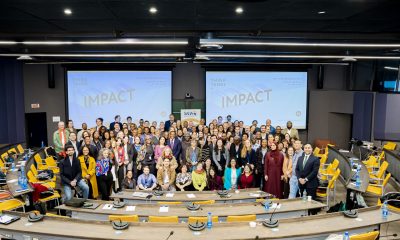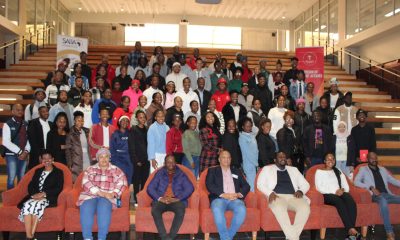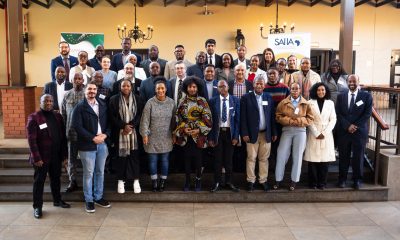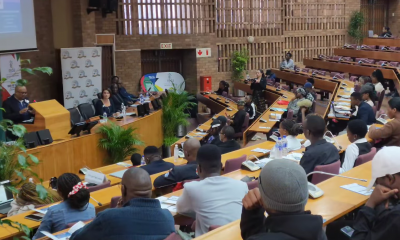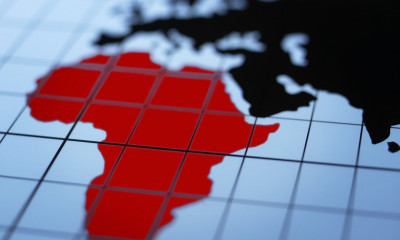The African Peer Review Mechanism (APRM) was established in 2003 as an innovative instrument aimed at improving governance in Africa, created and driven by Africans for Africans. Through a series of voluntary governance “peer reviews”, member states aim at collectively improving governance on the continent through sharing best practices and following recommendations made by the APRM Panel of Eminent Persons. The intention of these reviews is to spur reform – at the end of the review each country embarks on implementing a National Programme of Action (NPoA), according to which it is supposed to carry out pre-agreed commitments aimed at improving governance. To date, 30 African states have signed up to the APRM and 14 of these have undergone their first review – including four in Southern Africa (South Africa, Mozambique, Lesotho and Mauritius).
One of the greatest challenges for the APRM has been the monitoring and reporting on the implementation of the NPoA. There are presently only loose procedures and guidelines for Monitoring and Evaluation (M&E) and some countries have already missed deadlines for submitting their annual NPoA implementation reports. Furthermore, a number of implementation reports have lacked detail and did not provide concrete evidence and data which shows the extent to which the NPoA is being implemented. They also tended not to reflect the voices of civil society organisations (CSOs).
SAIIA and CPS have launched a project to empower civil society in Southern African APRM states to track the implementation of the APRM in their countries, known as the APRM Monitoring Project (AMP). Through this project, CSOs will be assisted to develop independent reviews of APRM Implementation through the use of APRM Monitoring & Evaluation Tool (AMAT). The AMAT is not intended to duplicate the work of the relevant national APRM Agencies, but to complement and expand upon existing M&E processes.
This page is intended to help civil society to conduct a successful review by providing a database of electronic material, information and advice on M&E. As the AMP develops, this page will grow, so please check back regularly for updates. If you would like to find out more about the AMP or submit a paper on the APRM or M&E for this page, please email Yarik.Turianskyi@wits.ac.za
AMP Official Documents
- African Peer Review Monitoring Project: APRM Monitoring and Advocacy Template (AMAT) DRAFT
- APRM Monitoring and Advocacy Template (AMAT) Pilot Guide
AMP Events
Scoping Workshop: Developing the Capacity Of Civil Society To Track The Implementation Of The African Peer Review Mechanism (12-13 October 2010)
Training Workshop: Empowering Civil Society to Track the African Peer Review Mechanism in South Africa (25 January 2011)
AMP Reports
- Implementing the APRM: Views from Civil Society – The South Africa Report
by SAIIA, the Centre for Policy Studies (CPS) and the Africa Governance, Monitoring and Advocacy Project (AfriMAP), June 2011
- Implementing the APRM: Views from Civil Society – The Lesotho Report
by SAIIA, the Centre for Policy Studies (CPS) and the Africa Governance, Monitoring and Advocacy Project (AfriMAP), September 2011
M&E guides
- Building Effective States, Forging Engaged Societies
- Scaling Up Service Delivery
- Demanding Good Governance: A Stocktaking of Social Accountability
- Monitoring and Evaluation: Topic Guide
- Policy Engagement: How Civil Society Can Be More Effective
- Ten Steps To A Results-Based Monitoring and Evaluation System
- Monitoring and Evaluation Principles
- M&E Fundamentals: A Self-Guided Minicourse
- Citizen Mobilisation and Activism for Good Governance
Monitoring the APRM
Uganda
- Is Uganda on Track with Commitments in the APRM Process?
- Progress, Stagnation or Recession: Discerning Governance Trends in Uganda (2004-2008)
- Putting Citizens at the Forefront of Shaping a Democratic and an Accountable Political System in Uganda
Links to our Project Partners
- Centre for Policy Studies (CPS)
- Africa Governance Monitoring and Advocacy Project (AfriMAP)
- Open Society Foundation for South Africa (OSF-SA)
- Open Society Initiative in Southern Africa (OSISA)

